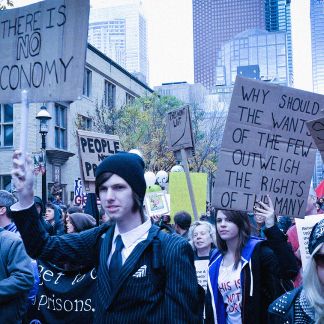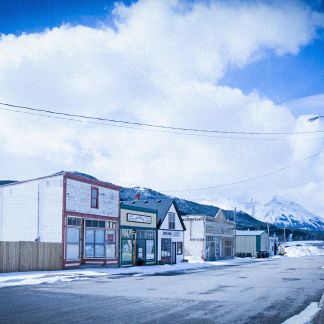- Current Issue
- Monitor Online
- Reports
- Behind the Numbers
- Our Schools / Our Selves
-
- 2SLGBTQ+ Equity
- Agriculture & Farming
- Alberta
- Alternative Federal Budget
- Anti-Black Racism
- Behind the Numbers
- Beyond Recovery
- Book Review
- British Columbia
- Child Care & Early Education
- Cities
- Climate Change
- COVID-19
- Culture
- Data Dashboards
- Degrowth
- Democracy & Electoral Rights
- Digital Divide & Internet Policy
- Disability Justice
- Economic Growth
- Education
- Federal Budgets
- Food Justice
- French
- Gender Equality
- Globalization
- Health Care
- Housing & Homelessness
- In Conversation
- Indigenous Rights
- Inflation
- International Politics
- Just Transition
- Labour & Worker's Rights
- Living Wage
- Manitoba
- Media Democracy
- Migrant Rights
- Minimum Wage
- Monitor Online
- Monitor Print
- Neoliberalism
- New Brunswick
- Newfoundland and Labrador
- Newsletters
- Nova Scotia
- Ontario
- Our Schools Our Selves
- Post Secondary Education
- Poverty & Inequality
- Precarious Work
- Prince Edward Island
- Protest & Social Movements
- Provincial Budgets
- Public Services & Privatization
- Quebec
- Racial Equity
- Reports
- Saskatchewan
- Seniors & Long-Term Care
- Shift Storm
- Social Determinants of Health
- Tax Policy & Tax Fairness
- Trade
- Unemployment & Underemployment
- Urban Space & Right to the City
Topics
Monitor Print
Inflation-busting with union contracts—a brief explainer
Your union contract could be the most powerful tool you have against the rising cost of living
New union organizing puts employers on notice, but challenges remain
Organized labour needs a combination of ambitious organizing projects and policy change
Ontario’s Bill 28 is dead. Now what?
Laura Walton talks organizing, leadership, and the future of the labour movement.
This is a class struggle, not a housing crisis—and it’s time to pick a side
Ricardo Tranjan's latest book, The Tenant Class, asks you to pick a side. Do you stand in solidarity with the rising tenant class, or will you uphold the exploitative status quo?
Indigenous Peoples continue to face deep structural inequality in Canada
The Canadian state's genocide of Indigenous Peoples is centuries-old. It continues to harm Indigenous communities today.
Is Quebec a distinct society when it comes to inequality?
It isn't exactly a shining beacon of equality, but Quebec does a lot of things better. Those policies are the result of relatively strong unions and social movements.
Closing the electoral gap: Canada’s glacial march towards gender equality
Canada has made significant progress on gender parity among elected officials, but there is still a long way to go.
Income inequality: One of the great challenges of our times
Income inequality isn't just about salaries—it's a pervasive problem with dire implications on a range of social issues, from health to the environment to education.
Inequality makes crises worse—and there are many crises coming
We're heading into an increasingly unstable world, and we're going to need real solidarity to make it through.
Climate inequality defines the present; don’t let it define the future
The people who are least responsible for climate change will feel its effects the hardest. It's time for policy-makers to address that injustice.
Education: Inequality’s solution or great reinforcer?
For the unlucky children born on the lower rungs of Canada's ladder of inequality, accessing quality education is hard. It doesn't need to be this way.
How the CCPA sparked a national conversation about income inequality
Understanding inequality, and providing policymakers the tools to combat it, is a role the CCPA is happy to fill.
What will it take to tackle income inequality?
Our country has the resources to provide dignity for all—our leaders' failure to do so is a political choice.
Arming ourselves in the fight against disinformation
Disinformation, when practiced at scale, can fracture societies. It’s up to us to stop it.
Disinformation: New tools, same poison
Disinformation didn’t spring out of nowhere—it’s a tool the powerful use to protect themselves from accountability
Progressive politics and the age of misinformation
If we're serious about the project to build a better world, then progressives need a serious strategy to dismantle the infrastructure of disinformation.
Show your support
We provide you with groundbreaking and timely progressive commentary and analysis on the key policy issues of the day. Help us keep the online Monitor free from paywalls. Donate a minimum of $35 today and you’ll also receive the print Monitor magazine in your mailbox six times a year.
Support the Monitor
















